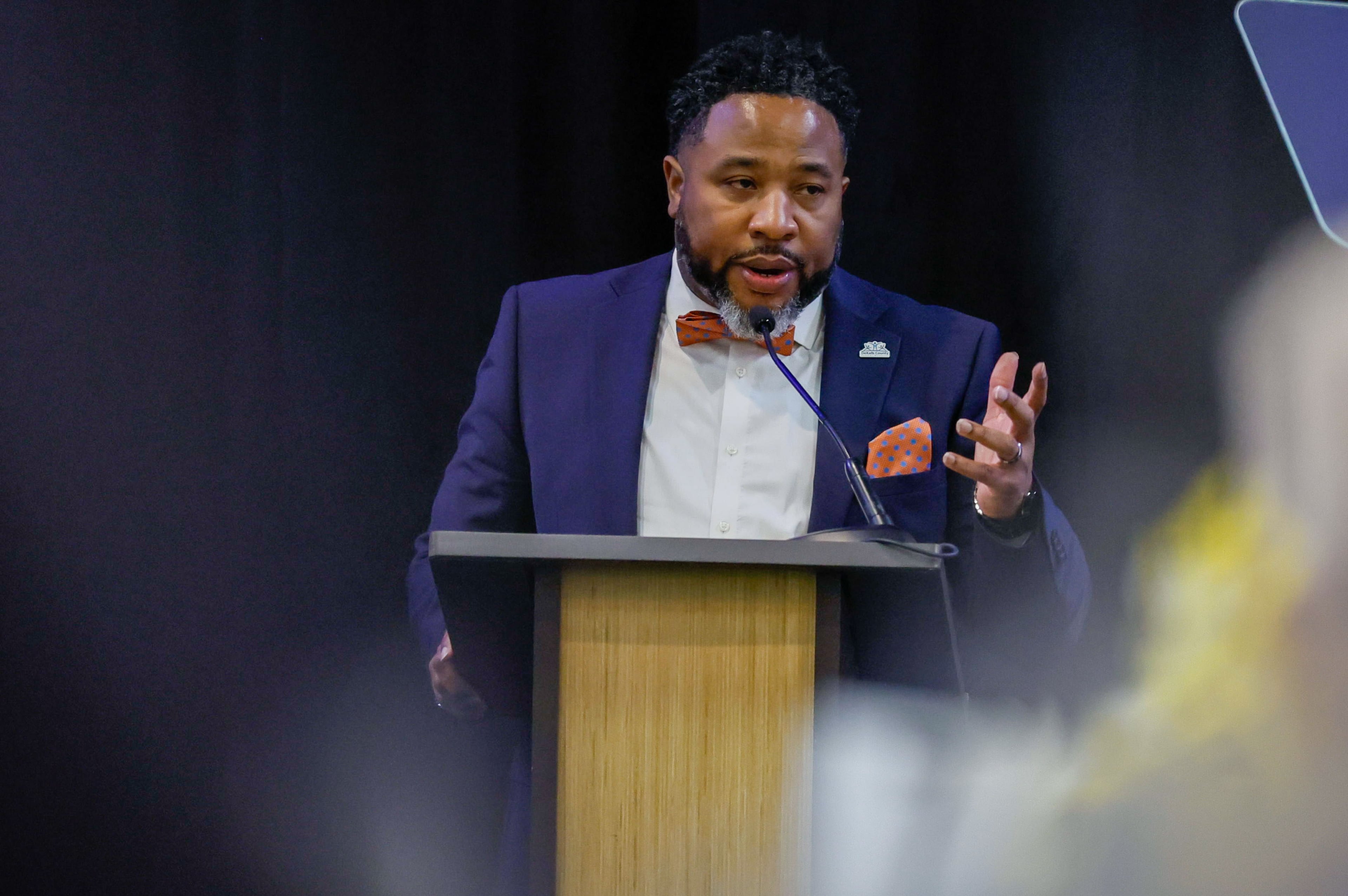Georgia Legislature approves dyslexia screening mandate for schools

Self-doubt, low self-esteem, loss of confidence. Feeling stupid.
Those are among the emotions sometimes experienced by children who cannot read like their peers.
A bill approved by the Georgia Legislature Friday is intended to help those kids understand why they cannot read like everyone else, and to get them help from specially-trained teachers.
Senate Bill 48, if signed by Gov. Brian Kemp, would eventually require dyslexia screening for every student starting in kindergarten. It also would pave the way for teacher training programs.
Experts estimate that 10 percent to 20 percent of the population has the condition. If so, then the reading condition afflicts anywhere from 175,000 to 350,000 of Georgia’s nearly 1.8 million public school students. Some say they have gotten little help in their schools.
“It made me feel like I was stupid and dumb,” said Jenna Benedict, a high school junior who was diagnosed with dyslexia in third grade.
Her wavering voice hushed a committee hearing room during this year’s legislative session. She said her diagnosis led to a special education plan that required that tests be read to her. The teacher in fourth grade didn’t want to do it, and assigned the task to one of Jenna’s classmates. Her parents found this unacceptable and got her switched to another class, but Jenna made little progress. They ultimately enrolled her in a private school, where she told lawmakers she learned to cope and blossomed academically.
Few public school teachers have the kind of training that experts say is necessary to help these children.
Jessica Strickland is among a group of teachers in Marietta who got specialized training last year.
“I’ve seen a huge difference with my students,” she said.
She’s been teaching at Sawyer Road Elementary for seven years since finishing teacher college, and said they never prepared her for dyslexia. “First year teaching is so overwhelming, but to come in with that knowledge already would be so powerful,” she said.
That’s the intent of SB 48. Besides mandating screening for all kindergartners beginning in the fall of 2024, the legislation would set in motion changes in credentialing designed to encourage colleges to equip future teachers with the skills to recognize and deal with the condition. It would also establish training programs for current teachers.
The bill’s sponsor, Sen. P.K. Martin, R-Lawrenceville, said school districts will only have to conduct the screening if the General Assembly gives them the money to do it. A study committee last summer estimated the screening cost at $8 or less per student, putting the total under $2 million a year. The legislation would also establish pilot programs in a handful of districts — in urban, suburban and rural settings — to test screening and teaching methods before the statewide implementation. Martin said the approach will likely evolve as the state gains knowledge about the condition.
“This is step one. I don’t think any single bill is going to get us over the line,” he said.
The legislation passed the Senate in a unanimous vote in February. The House amended it by pushing back the start date until after the pilot program, which begins in 2020. On Friday, the Senate approved those changes in another unanimous vote.
Lt. Gov. Geoff Duncan said dyslexia tends to be overlooked, and the legislation will help identify more students at an earlier age, “which leads to quicker remediation and greater success in the classroom.”
If Kemp signs SB 48, Georgia will become the fifth state in the 16-state southern region to require dyslexia training for would-be teachers, according to the Southern Regional Education Board. Georgia is trailing most of those states on the issue, though. It’s among four that do not have a law addressing dyslexia and among six without a screening mandate.



